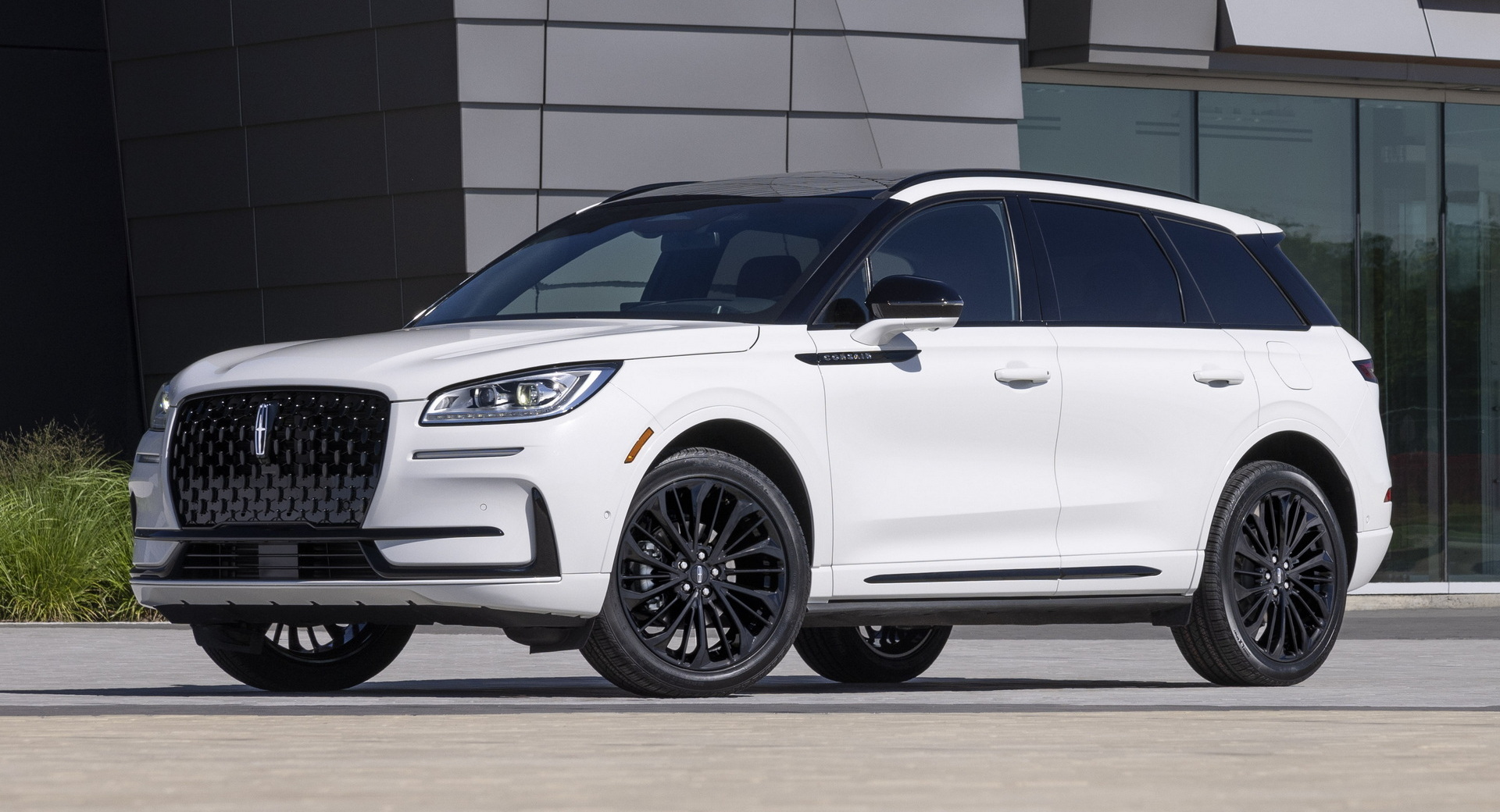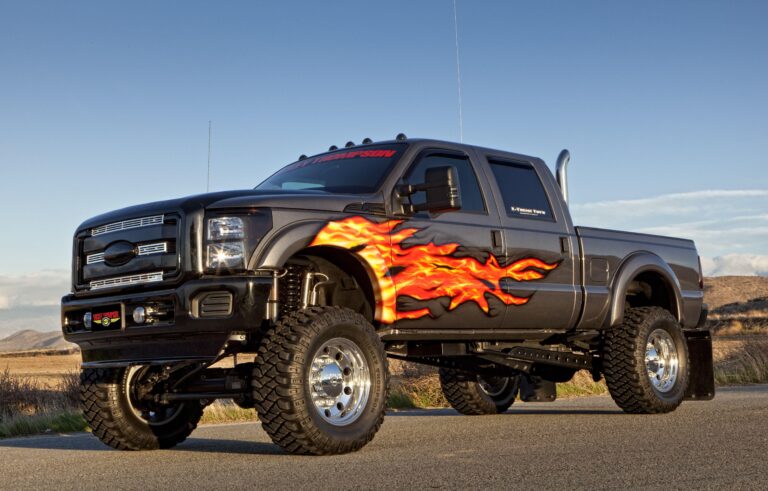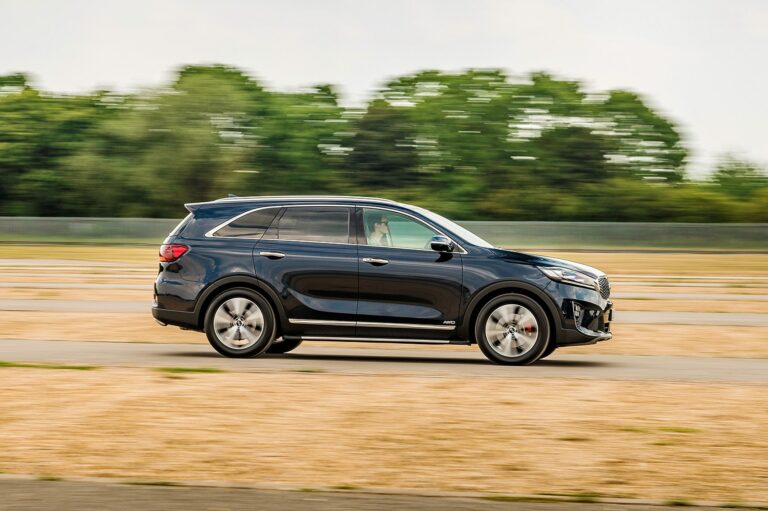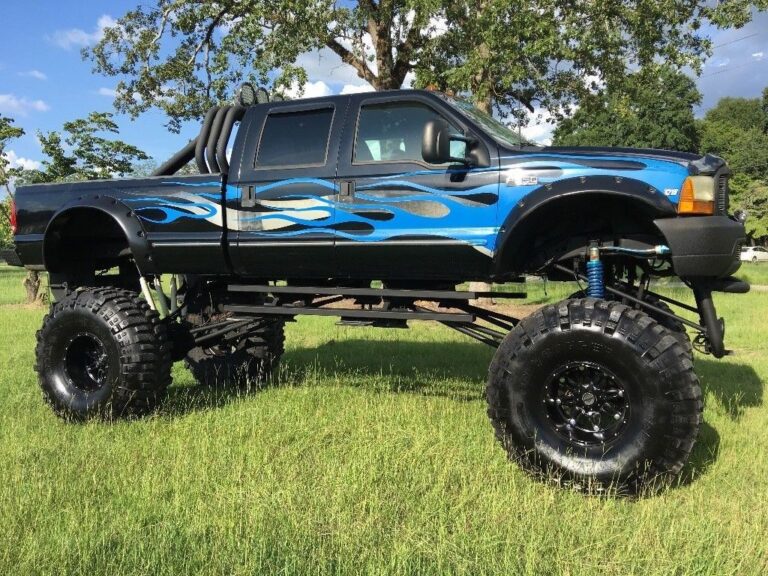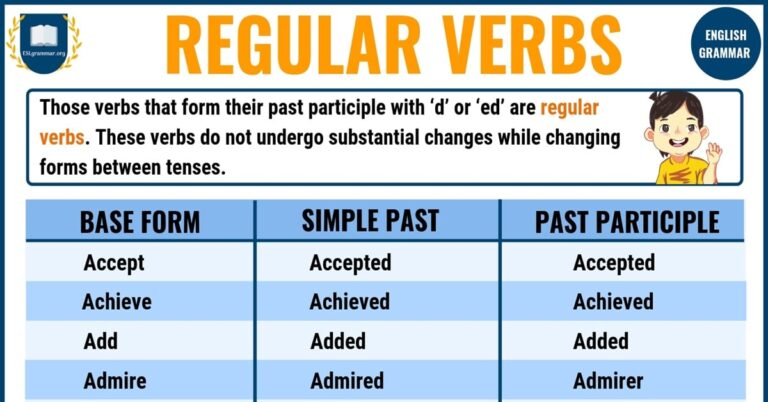Famous Car Brands In Canada: A Comprehensive Guide to the Automotive Landscape North of the Border
Famous Car Brands In Canada: A Comprehensive Guide to the Automotive Landscape North of the Border cars.truckstrend.com
Canada’s vast landscapes, diverse climates, and unique consumer preferences shape its vibrant automotive market. From the rugged practicality demanded by harsh winters and rural roads to the sleek efficiency sought by urban dwellers, the car brands that thrive here must offer a compelling blend of reliability, performance, and value. Understanding the "famous car brands" in Canada isn’t just about recognizing logos; it’s about appreciating the manufacturers that have successfully navigated these demands, establishing deep roots and strong reputations among Canadian drivers.
This comprehensive guide will delve into the automotive titans and rising stars that dominate Canadian roads, exploring their unique appeals, key offerings, and what makes them resonate with consumers from coast to coast. Whether you’re a prospective buyer, an automotive enthusiast, or simply curious about the Canadian car market, this article will provide invaluable insights into the brands that define driving in the Great White North.
Famous Car Brands In Canada: A Comprehensive Guide to the Automotive Landscape North of the Border
The Pillars of Power: North American Automotive Giants
For decades, the "Big Three" North American manufacturers have held a dominant position in the Canadian market, driven by a legacy of strong trucks, SUVs, and a widespread dealer network. Their deep historical presence and significant manufacturing footprint within Canada have fostered a sense of familiarity and loyalty.
Ford: An undeniable powerhouse, Ford has consistently been a top seller in Canada, largely thanks to the overwhelming popularity of its F-Series pickup trucks. The F-150 has been Canada’s best-selling vehicle for years, a testament to its utility, towing capabilities, and durability, which are highly valued in a country with diverse commercial and recreational needs. Beyond trucks, Ford’s SUVs like the Escape and Explorer are popular family vehicles, while performance enthusiasts appreciate models like the Mustang. Ford’s extensive dealer network ensures accessibility and service across the country.
General Motors (GM): Comprising brands like Chevrolet, GMC, Buick, and Cadillac, GM offers an incredibly diverse portfolio tailored to various Canadian demographics. Chevrolet is known for its wide range of vehicles, from compact cars like the Malibu and Cruze (though sedans are less prominent now) to popular SUVs like the Equinox and Blazer, and, of course, its Silverado trucks. GMC focuses on more premium trucks and SUVs, appealing to those seeking robust capability with enhanced features. Buick offers comfortable, family-friendly SUVs, while Cadillac provides luxury vehicles. GM’s strength lies in its ability to offer a vehicle for almost every segment, backed by a robust service infrastructure.
Stellantis (formerly Fiat Chrysler Automobiles – FCA): This multinational corporation, with strong North American roots, brings iconic brands like Ram, Jeep, Dodge, and Chrysler to the Canadian market. Ram trucks, particularly the Ram 1500, are fierce competitors to Ford and GM, known for their powerful engines and comfortable interiors. Jeep is synonymous with off-road capability and adventure, with the Wrangler and Grand Cherokee being perennial favourites, perfectly suited for Canada’s varied terrains. Dodge appeals to performance enthusiasts with its muscle cars and family-friendly SUVs like the Durango. Chrysler, while having a smaller lineup, still offers the popular Pacifica minivan, a staple for many Canadian families.
The Asian Invasion: Reliability, Efficiency, and Innovation
Japanese and Korean car brands have carved out a significant share of the Canadian market, building reputations for unparalleled reliability, fuel efficiency, and innovative technology. Their commitment to quality and value has resonated strongly with Canadian consumers.
Toyota: Consistently ranked among the most reliable brands globally, Toyota holds a revered status in Canada. Its vehicles are known for their longevity, low maintenance costs, and excellent resale value. Popular models include the RAV4 (Canada’s best-selling SUV), the Corolla and Camry sedans, and the Highlander SUV. Toyota is also a leader in hybrid technology, with popular hybrid versions of many of its mainstream models, appealing to eco-conscious and budget-minded drivers.
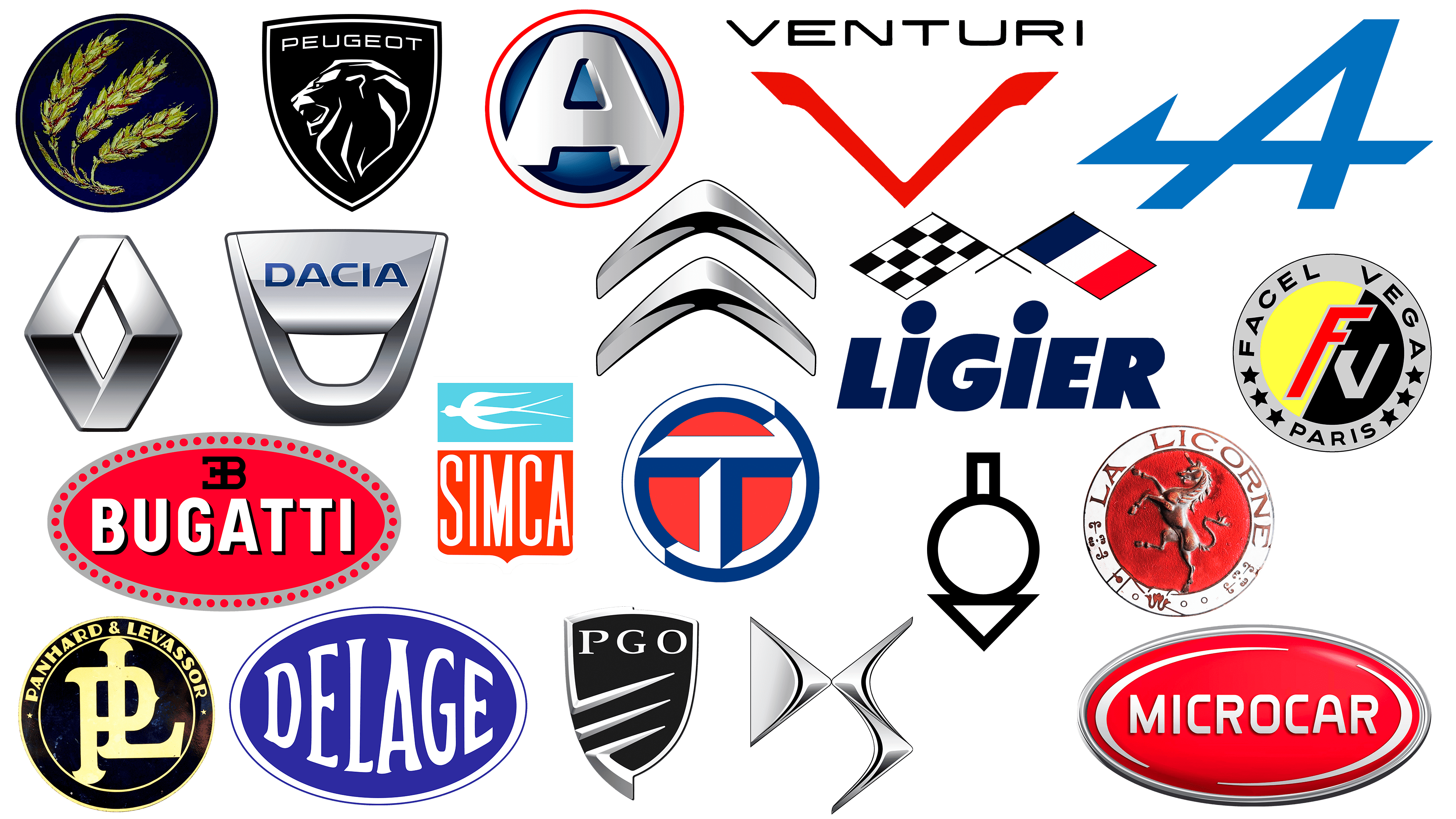
Honda: Another Japanese giant, Honda is celebrated for its well-engineered vehicles, strong engines, and reputation for durability. The Civic has been a Canadian best-seller for decades, lauded for its fuel economy, practicality, and fun-to-drive nature. The CR-V SUV is a strong contender in its segment, known for its spacious interior and efficiency. Honda also offers popular minivans like the Odyssey and larger SUVs like the Pilot.
Mazda: While smaller in market share than Toyota or Honda, Mazda has cultivated a loyal following in Canada for its emphasis on driving dynamics, stylish design, and "premium mainstream" feel. Models like the CX-5 SUV and the Mazda3 compact car offer an engaging driving experience and refined interiors, often punching above their weight in terms of perceived quality. Mazda’s commitment to unique engine technologies and attractive aesthetics sets it apart.
Subaru: With its standard Symmetrical All-Wheel Drive (AWD) across most of its lineup (excluding the BRZ sports car), Subaru has become a go-to brand for Canadians seeking all-weather capability and safety. The Outback, Forester, and Crosstrek SUVs are incredibly popular, offering excellent traction and ground clearance, perfect for navigating snowy winters and cottage country roads. Subaru’s reputation for safety and reliability further strengthens its appeal.
Hyundai & Kia: These South Korean sister brands have undergone a remarkable transformation in recent years, shedding their budget-car image to become major players known for their stylish designs, advanced technology, competitive pricing, and industry-leading warranties. Hyundai’s Elantra and Kona are popular compacts, while the Tucson and Santa Fe SUVs are strong sellers. Kia offers attractive options like the Forte, Seltos, and the award-winning Telluride SUV. Both brands are aggressively expanding their electric vehicle (EV) offerings, making them increasingly relevant in the evolving market. Genesis, Hyundai’s luxury arm, is also gaining traction, offering premium vehicles at competitive price points.
European Elegance and Engineering: Luxury, Performance, and Practicality
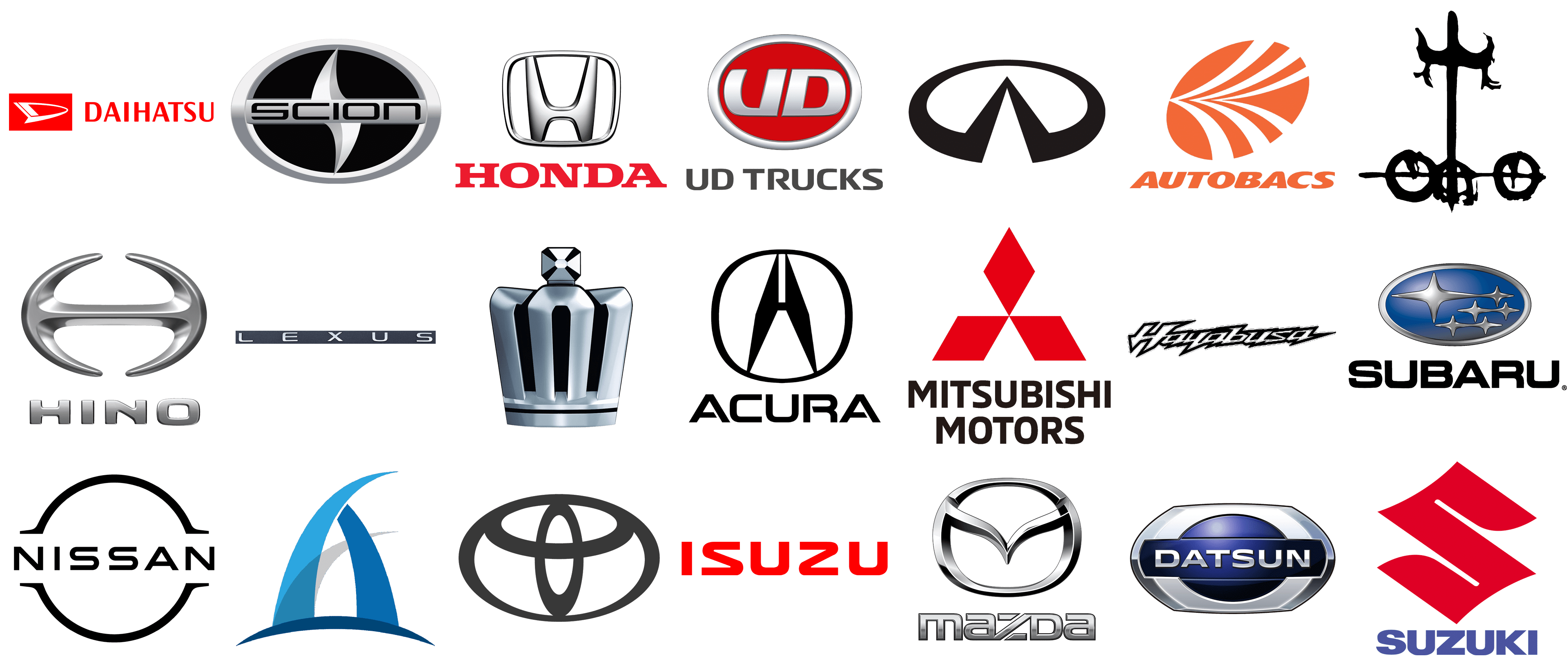
European car brands, primarily from Germany and Sweden, cater to the premium and luxury segments, offering sophisticated engineering, advanced technology, and distinctive driving experiences.
BMW, Mercedes-Benz, & Audi: These three German luxury giants dominate the premium segment in Canada. Each brand offers a full spectrum of vehicles, from entry-level luxury sedans and SUVs (like the BMW 3 Series/X3, Mercedes C-Class/GLC, Audi A4/Q5) to high-performance sports cars and flagship luxury vehicles. They are celebrated for their powerful engines, refined interiors, cutting-edge technology, and strong brand prestige. While more expensive to purchase and maintain, they offer a driving experience and status symbol that many Canadian consumers desire.
Volkswagen: As the largest European volume brand, Volkswagen offers a blend of German engineering, practicality, and European driving feel. The Jetta sedan, Tiguan SUV, and the iconic Golf hatchback (though less prominent now) have been popular choices. Volkswagen is also making significant strides in the EV market with its ID.4, aiming to bring accessible electric mobility to the masses.
Volvo: The Swedish automaker is synonymous with safety, innovative design, and a growing commitment to sustainability. Volvo’s SUVs (XC40, XC60, XC90) are particularly popular in Canada, offering comfortable, Scandinavian-inspired interiors, robust safety features, and increasingly, plug-in hybrid and fully electric powertrains. Volvo appeals to buyers who prioritize safety, understated luxury, and environmental responsibility.
Emerging Trends and Niche Players: The Future of Mobility

The Canadian automotive landscape is continually evolving, with new technologies and brands entering the fray, particularly in the electric vehicle (EV) space.
Tesla: The undisputed leader in electric vehicles, Tesla has captured a significant market share in Canada, especially in provinces with EV incentives. Models like the Model 3 and Model Y are common sights on Canadian roads, admired for their long range, performance, and cutting-edge technology. Tesla’s innovative approach to sales, service, and charging infrastructure has disrupted the traditional automotive market.
Other Luxury/Performance: Brands like Lexus (Toyota’s luxury division) and Acura (Honda’s luxury division) offer refined, reliable luxury vehicles. Land Rover and Porsche appeal to specific niches, offering premium off-road capability and high-performance sports cars/SUVs, respectively.
Important Considerations for Canadian Car Buyers
When choosing among these famous car brands, Canadian buyers often prioritize specific attributes influenced by the country’s unique conditions:
- Climate Suitability: Harsh winters mean strong demand for All-Wheel Drive (AWD) or Four-Wheel Drive (4WD), good ground clearance, and reliable cold-weather performance.
- Fuel Efficiency: With fluctuating gas prices, fuel-efficient gasoline, hybrid, and electric vehicles are increasingly appealing.
- Reliability & Durability: Given the distances and challenging conditions, vehicles that can withstand the rigours of Canadian roads are highly valued.
- Resale Value: A strong resale value is a significant financial consideration for many buyers, influencing long-term cost of ownership.
- Safety Features: Advanced Driver-Assistance Systems (ADAS) and robust safety ratings are paramount.
- Dealer Network & Service: Accessibility to authorized dealerships for maintenance and repairs, especially in less populated areas, is crucial.
- Price & Financing: Affordability, financing options, and incentives play a major role in purchasing decisions.
Practical Advice for Navigating the Canadian Car Market
- Assess Your Needs: Consider your lifestyle, typical driving conditions (city vs. highway, rural vs. urban), passenger/cargo requirements, and budget.
- Research Thoroughly: Look into specific models, read reviews from Canadian automotive publications, and check reliability ratings from sources like J.D. Power and Consumer Reports.
- Test Drive Extensively: Don’t just take a quick spin around the block. Test drive the vehicle in conditions similar to your daily commute, and pay attention to comfort, visibility, and handling.
- Factor in Total Cost of Ownership: Beyond the purchase price, consider fuel costs, insurance premiums (which vary significantly by vehicle and province), maintenance, and potential depreciation.
- Consider Canadian-Specific Features: Look for heated seats/steering wheel, block heaters, and robust rust protection, which are highly beneficial in Canada.
- Explore Incentives: If considering an EV, research federal and provincial incentives that can significantly reduce the purchase price.
Famous Car Brands in Canada: Overview Table
| Brand | Country of Origin | Key Strengths | Popular Models (Examples) | Market Positioning/Price Range (General) | Notes for Canada |
|---|---|---|---|---|---|
| Ford | USA | Trucks, SUVs, performance, large dealer network | F-150, Escape, Bronco, Ranger | Mid-range to Premium | Dominant in truck sales, strong rural presence |
| General Motors | USA | Diverse lineup, trucks, SUVs, luxury, innovation | Silverado, Equinox, Sierra, XT5 | Mid-range to Luxury | Extensive dealer network, strong in all segments |
| Stellantis | USA/Europe | Trucks, SUVs, muscle cars, off-road capability | Ram 1500, Wrangler, Grand Cherokee | Mid-range to Premium | Ram and Jeep are key players, known for ruggedness |
| Toyota | Japan | Reliability, fuel efficiency, resale value, hybrids | RAV4, Corolla, Camry, Highlander | Mid-range to Premium | Excellent resale, strong hybrid offerings |
| Honda | Japan | Reliability, efficiency, driving dynamics, resale | Civic, CR-V, Pilot, HR-V | Mid-range to Premium | Popular compacts & SUVs, strong brand loyalty |
| Mazda | Japan | Driving dynamics, premium design, value | CX-5, Mazda3, CX-30 | Mid-range | "Premium mainstream" appeal, engaging to drive |
| Subaru | Japan | Standard AWD, safety, reliability | Outback, Forester, Crosstrek, Ascent | Mid-range to Premium | Ideal for Canadian winters, high safety ratings |
| Hyundai | South Korea | Value, design, technology, warranty | Elantra, Kona, Tucson, Santa Fe | Entry-level to Mid-range | Rapid growth, strong EV lineup emerging |
| Kia | South Korea | Value, design, technology, warranty | Forte, Seltos, Telluride, Sportage | Entry-level to Mid-range | Award-winning designs, competitive features |
| BMW | Germany | Performance, luxury, driving dynamics | 3 Series, X3, X5, 5 Series | Premium to Luxury | Strong brand image, popular luxury choice |
| Mercedes-Benz | Germany | Luxury, comfort, prestige, advanced tech | C-Class, GLC, GLE, E-Class | Premium to Luxury | Known for refinement and sophisticated features |
| Audi | Germany | Quattro AWD, sophisticated design, technology | A4, Q5, Q3, A6 | Premium to Luxury | All-wheel drive a major selling point in Canada |
| Volkswagen | Germany | Practicality, European feel, EV focus | Tiguan, Jetta, Golf, ID.4 | Mid-range | Solid engineering, growing EV presence |
| Tesla | USA | Electric vehicles, innovation, range | Model 3, Model Y, Model S, Model X | Premium to Luxury (EVs) | EV market leader, strong tech appeal |
| Volvo | Sweden | Safety, Scandinavian design, sustainability | XC60, XC90, S60 | Premium | Known for safety, increasing hybrid/EV offerings |
Note: Price ranges are general and vary significantly by model, trim, features, and market conditions.
Conclusion: A Diverse and Evolving Automotive Landscape
The Canadian automotive market is a dynamic tapestry woven from global influences and unique local demands. From the enduring strength of North American trucks to the reliable efficiency of Japanese sedans and SUVs, the sophisticated engineering of German luxury vehicles, and the rapidly advancing value of Korean contenders, Canadian consumers have an impressive array of choices. The rise of electric vehicles, led by brands like Tesla, signifies a new era of mobility that will continue to reshape the landscape.
Ultimately, the "famous" car brands in Canada are those that have successfully adapted to the country’s diverse needs, built trust through reliability, and consistently offered compelling vehicles that resonate with the spirit of Canadian driving. As the industry continues to innovate, these brands, alongside new entrants, will undoubtedly continue to shape how Canadians move from coast to coast.
Frequently Asked Questions (FAQ) about Famous Car Brands in Canada
Q1: What are the most popular car brands in Canada by sales volume?
A1: Historically, Ford, General Motors (Chevrolet, GMC), and Toyota consistently lead in sales volume, largely driven by their strong truck and SUV offerings. Honda and Hyundai are also major players.
Q2: Which car brands are best suited for Canadian winters?
A2: Brands that offer strong All-Wheel Drive (AWD) or Four-Wheel Drive (4WD) systems, good ground clearance, and robust cold-weather performance are ideal. Subaru (with standard Symmetrical AWD), Jeep, and many Ford and GM SUVs/trucks are popular choices for Canadian winters. Volvo also has a strong reputation for safety in all conditions.
Q3: Are Japanese cars really more reliable than North American ones in Canada?
A3: Traditionally, Japanese brands like Toyota and Honda have held a strong lead in reliability ratings. However, North American and Korean brands have significantly closed the gap in recent years. Reliability can also vary by specific model and year, so it’s always best to check independent reliability surveys (e.g., J.D. Power, Consumer Reports) for the specific vehicle you’re considering.
Q4: What is the best car brand for resale value in Canada?
A4: Toyota, Honda, and Subaru consistently rank highly for strong resale value in Canada, thanks to their reputations for reliability and longevity. Brands with high demand, like Ford’s F-150, also tend to hold their value well.
Q5: Are electric vehicles (EVs) popular in Canada, and which brands lead?
A5: Yes, EV adoption is growing rapidly in Canada, supported by federal and provincial incentives. Tesla is the dominant leader in EV sales, particularly with the Model 3 and Model Y. However, traditional brands like Hyundai, Kia, Volkswagen, and Ford are quickly expanding their EV lineups and gaining market share.
Q6: Where are most cars sold in Canada manufactured?
A6: While many cars sold in Canada are imported from around the world (Japan, South Korea, Germany, etc.), a significant number are also manufactured in North America, including assembly plants in Canada (e.g., Ford in Oakville, GM in Oshawa, Honda in Alliston, Toyota in Cambridge and Woodstock), the United States, and Mexico.
Q7: What factors should I consider when buying a car in Canada?
A7: Key factors include: suitability for climate (AWD/4WD, ground clearance), fuel efficiency, reliability and durability, safety features, total cost of ownership (including insurance and maintenance), resale value, the availability of a strong dealer and service network, and your overall budget.
